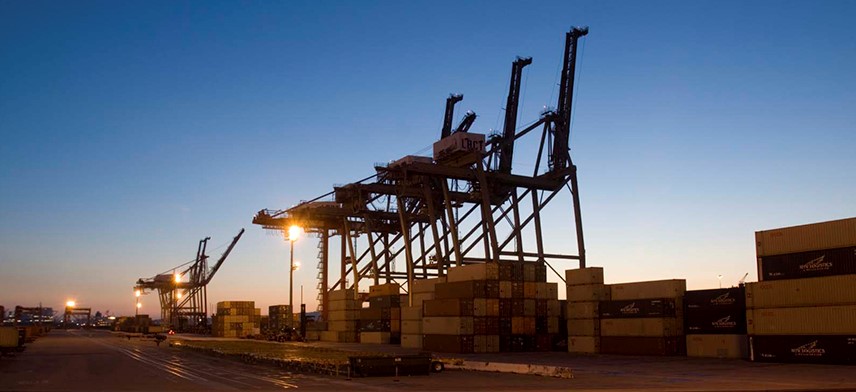
Blog
Effect of the Chassis Shortage on Freight Services
The moving and storage industry has seen a trickle-down effect from the ongoing chassis shortage. Since the major international steamship companies stopped providing chassis at some U.S. ports, and the Federal Motor Carrier Safety Administration (FMCSA) set the “roadability rules,” the chassis shortage has not eased. Port drayage costs are significantly higher, and port congestion continues to be an issue.
Changes for trucking and freight services
With the roadability rules, procuring chassis is now the responsibility of trucking companies. Drivers are required to file a Driver Vehicle Inspection Report (DVIR) for the identification of defective equipment, with penalties for noncompliance. The responsibility has been placed on drivers to identify faulty equipment, but drivers benefit from having defective chassis identified before entering the system.
An industry-wide task force has made recommendations to improve the situation for freight services, including:
- Improve the management of truck chassis in the port
- Develop a system for truck appointments to reduce congestion and air emissions and decrease truck turn times
- Coordinate gate hours at all privately operated terminals serving the port
- Use radio frequency identification (RFID) technology to measure and report on various truck movements, including turn and queue times
- Improve customer service at the terminals to assist truckers with transactions and questions
Truck appointment suggestions were initially met with disagreement from the New Jersey Motor Truck Association and the Association of Bi-State Motor Carriers. But there are now plans for testing an appointment system at the Port of New York and New Jersey.
What this means for the moving and storage industry
There is still conflict regarding who is responsible and accountable for the chassis, which has led to the prediction that costs will rise before there is relief.
- Chassis pools have worked in some smaller ports, but were not possible at all larger ports where facilities are leased out, leaving them with no jurisdiction to dictate chassis management
- Chassis leasing companies and drayage companies don’t have uniform tariffs or fully coordinated logistics
- There is a shortage of mechanics to repair and maintain chassis
- The roadability rules and accountability by drivers continue to exacerbate the driver shortage
Progress is being made to ease the burden on freight services. Some larger ports have created or are in negotiations to create chassis pools. But much work is left to ease the congestion and frustration at major ports. Once resolved, these barriers will benefit the entire transportation industry, including moving and storage.